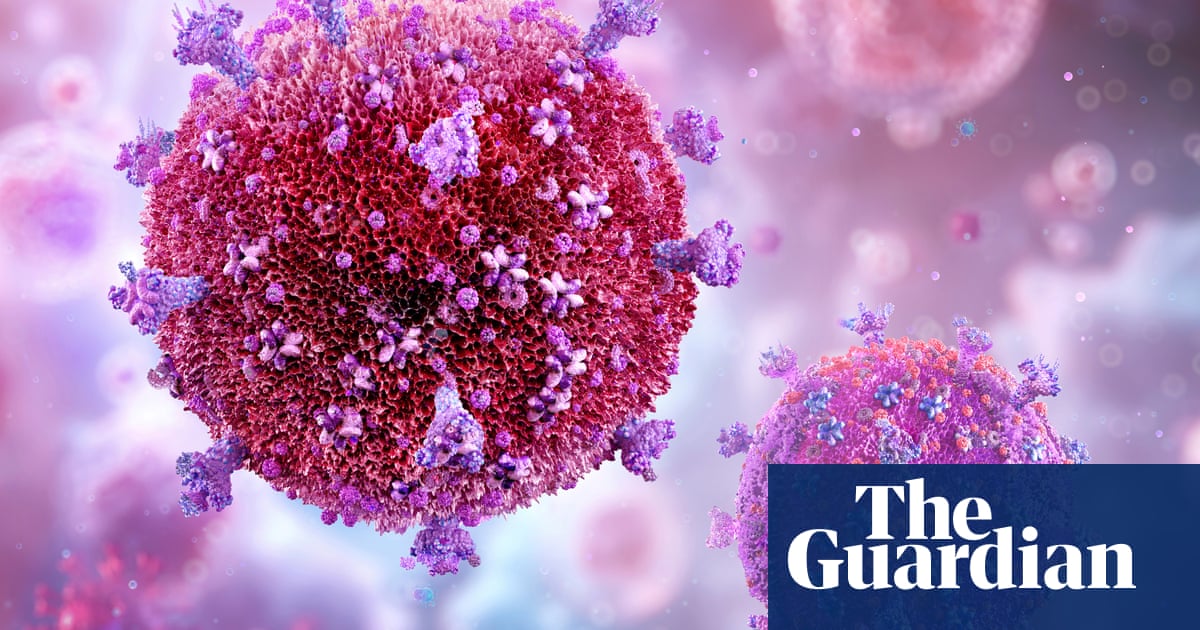Nice, finally we found a cure for that shit
I wonder how pharma is gonna monetize it, or if its open source
Not to dampen your enthusiasm, but they only showed it works in vitro, so basically in a petri dish. Which means there’s still animal tests and human tests coming (if the animal tests are promising) and that’s were most of the cures fail. Because a mouse is wildly different from a Petri dish and a human is wildly different from a mouse.
the researchers have shown for the first time that mRNA can be delivered into the cells where HIV is hiding, by encasing it in a tiny, specially formulated fat bubble. The mRNA then instructs the cells to reveal the virus.
Am I the only one kinda scared about mRNA treatments?
I have always wondered how a zombie apocalypse could come about, like, from a biochemical perspective, and mRNA seems to me a very good candidate.
Obviously it has a massive potential to cure otherwise incurable diseases, like genetic defects…
Edit: Sheesh thanks for the downvotes, teaches me to ask a question on Lemmy.
No you’re not the only one, lots of uninformed people are scared.
If you are aware of a specific mechanism that this kind of treatment can go poorly, then you are free to share the studies or the research that supports it.
But just being scared of new things isn’t beneficial. There are whole communities that are keeping diseases alive because they don’t trust science.
You know what cracks me up? That there’s a rather high likelihood that I know more about mRNA that you do. Ignorance is bliss I suppose.
If you are aware of a specific mechanism that this kind of treatment can go poorly
Alright, so here’s one a concern.
As you’re certainly aware, there are studies that have found that viral RNA can carry into the host’s nucleus and be reverse-transcribed into the infected cell’s genome (for your convenience, here’s one such finding for SARS-CoV-2 https://doi.org/10.1073/pnas.2105968118), and that it produces chimeric transcripts that fuse the viral and host sequences.
Can you address how an mRNA vaccine would be able to ensure that such reverse transcription would not occur?Here’s another concern.
The Pfizer BNT162b2 COVID vaccine is, of course, a lipid nanoparticle (LNP) mRNA vaccine, which is basically the approach discussed in the OP article. This article (Curr. Issues Mol. Biol. 2022, 44(3), 1115-1126) found that BNT162b2 mRNA is reverse transcribed intracellularly into DNA in as fast as 6 h upon BNT162b2 exposure. Not only that, it has also found increased nuclear expression and distribution of LINE-1, an endogenous reverse transcriptase.
Since we previously covered the integration of foreign RNA into the host’s DNA, can you please explain how do you propose to identify and control for possible epigenetic effects of mRNA vaccines?Seems like people found my zombie apocalypse parallel a bit too farfetched, but cancerous growth and tumors are in essence breakdowns of the genetic machinary in our cells, which mRNA vaccines are just too happy to mess with. All I’m advocating is more research, better understanding, and safety.



